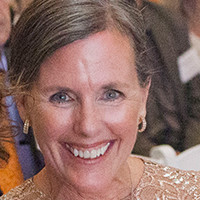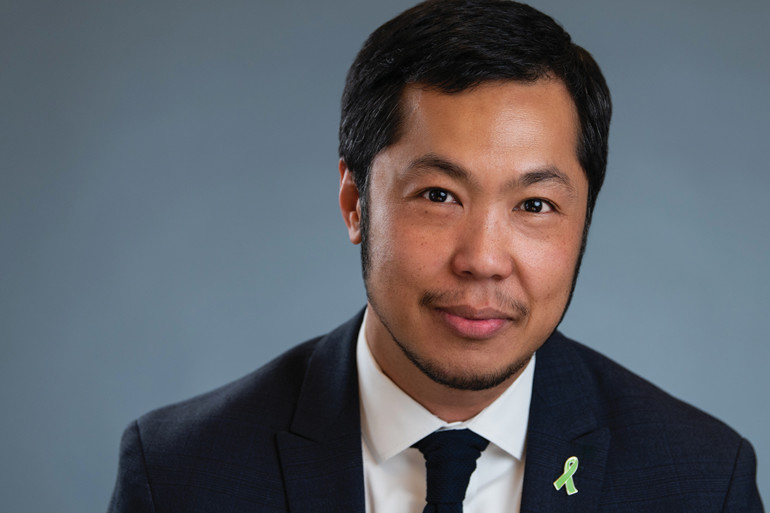Dr. Jei Africa, director of behavioral health and recovery services (BHRS) for the County of Marin, shares his thoughts on what steps can be taken to help prevent tragedy in our community.
How did you become an expert on depression and gun violence?
My interest in mental health stems from being personally impacted by having loved ones that have mental health conditions. In spite of all the medical breakthroughs, the stigma of mental illness remains a barrier to many for seeking help. Unfortunately, mental illness has been solely blamed for the gun violence in this country. The reality is that most people with mental illness are not violent and are more likely the victims, and not the perpetrators, of violent acts. Research has shown that having a history of violence is the single best predictor of who will commit future violence. Having access to more guns, and deadlier means, makes the situation more dangerous. A study in the American Journal of Public Health found that about 30 percent of the people with mental illness surveyed were a victim of violence within the six months prior to the study.
Please tell us about your hopes for the Marin County Suicide Prevention Plan.
The suicide prevention strategic planning process started in November of last year with a comprehensive needs assessment to identify gaps and assets in systems and supports. This is the first time we are developing a plan like this — bringing different stakeholders together, seeing what we can do as a community. We have to continue talking about suicide and bring it out in the open to prevent these tragic events. We anticipate that the final plan will be released by the end of the year.
What warning signs should parents, friends and others watch out for to prevent suicide attempts and gun violence against others?
There’s no single cause for suicide. Warning signs to look out for in general include any changes in the way an individual talks or shifts in their behaviors or mood. These may include talking about or making plans for suicide; expressing hopelessness about the future; talking about feeling that they are a burden to others; displaying severe/overwhelming emotional pain or distress; withdrawal from or changing social connections/situations; noticeable changes in sleep (increased or decreased); anger or hostility that seems out of character or out of context; recent increased agitation or irritability; increased use of alcohol or drugs; giving away prized possessions.
How do guns factor in?
Suicide and gun violence warning signs sometimes overlap. It is important to look at social media posts and pay attention to the signs; 80 percent of school shooters told someone about their violent plans prior to the event. Additional signs may include a strong fascination with firearms or excessive study of mass shootings; excessive overreactions and/or aggressive behavior; extreme feelings of isolation or social withdrawal; being the victim or perpetrator of bullying; sudden change in academic performance; gestures of violence.
What resources are currently available locally to help teens and others who might be considering suicide or violence against others as a result of mental health issues?
Don’t be afraid to talk about it. If you are worried that someone is thinking about suicide, ask them. It’s important for youth to tell an adult who can help, and to know that they are not alone. Anything else you want to tell us? We have to work together to prevent suicide. We need to be informed about warning signs, how to reach out, to ask for help and be aware of available resources to support those who are in need. We can’t do this alone.
 Susan B. Noyes is the founder and chief visionary officer of Make It Better Media Group, as well as the founder of Make It Better Foundation’s Philanthropy Awards. A mother of six, former Sidley Austin labor lawyer and U.S. Congressional aide and passionate philanthropist, she has also served on many boards.
Susan B. Noyes is the founder and chief visionary officer of Make It Better Media Group, as well as the founder of Make It Better Foundation’s Philanthropy Awards. A mother of six, former Sidley Austin labor lawyer and U.S. Congressional aide and passionate philanthropist, she has also served on many boards.


